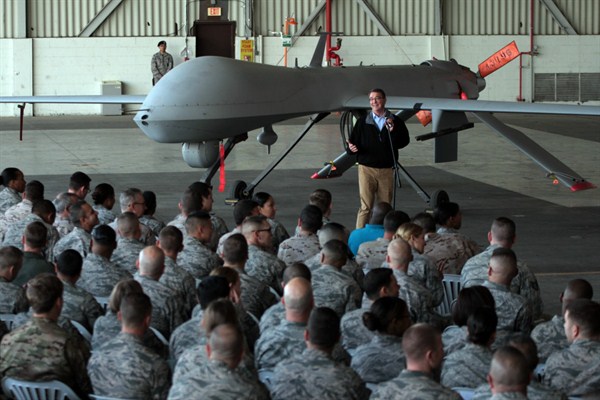In the aftermath of the Cold War, two operations became seminal events for America’s armed forces: Operation Desert Storm and the peacekeeping mission in the former Yugoslavia. The military’s leaders saw the war with Iraq as the model for their future, so they institutionalized it in what they called the “revolution in military affairs.” But, in fact, Yugoslavia was the true preview of 21st-century conflict.
Now Syria has become Yugoslavia on steroids, the bloody paragon of this century’s wars. As in Yugoslavia, ethnic, sectarian, religious and regional hostility that the national government had long suppressed and kept in check were unleashed when the authoritarian political system weakened. Undisciplined militias and the weaponization of personal identity have made the conflict particularly brutal and erased the distinction between combatants and noncombatants. Foreign fighters have swarmed in. With little emotional attachment to the local people, they are happy to kill to please their commanders. Regional nations and global powers have picked sides and provided financial and military support.
Swept up in this multidimensional storm, Syria has become a “mini world war” involving a “mind-boggling stew of nations.” It has created and fueled a humanitarian disaster with long-term, cascading effects. Organized crime has fed off of the disorder and will be a persistent challenge even after the fighting stops. This is what war will look like in the coming decades.

